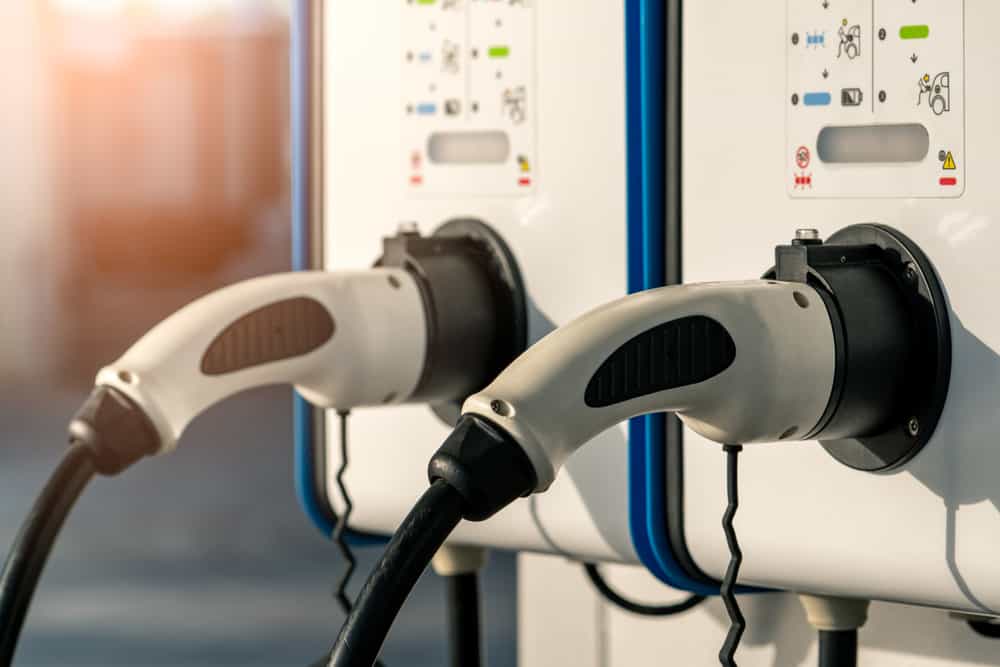The debate over who should build electric vehicle (EV) charging networks is heating up in statehouses across the United States.
With the number of EVs on the road expected to surge from 2 million today to over 28 million by 2030, the need for additional public charging stations is clear.
However, the question of whether electric utilities or private businesses should take the lead in building these networks remains a contentious issue.
The Charge Ahead Partnership, a group of large fuel retailers, grocery chains, convenience stores, gas stations, and other businesses interested in installing vehicle chargers, argues that private businesses are best suited for this task.
They believe that these businesses, which have been selling fuel to motorists for years and are already located in optimal spots to serve drivers, are well-equipped to transition to electric chargers, as reported by the Colorado Newsline.
They also express concern about competing with monopoly electric utilities, which can build charging infrastructure using ratepayer funds.
However, some proponents argue that there could be a place for utility-owned charging. They point out that mass adoption of EVs is unlikely until drivers are confident they can always find a charger. And companies are unlikely to build chargers until there’s a critical mass of electric vehicles to help them recoup their investment plus a profit.
This debate is particularly relevant for private campgrounds, RV parks, and holiday parks. These establishments are uniquely positioned to contribute to the development of EV charging infrastructure.
By installing EV charging stations, these businesses can attract a new demographic of customers—EV drivers—who need a place to charge their vehicles overnight.
Moreover, investing in EV charging infrastructure can also be a smart business move for these parks. As the number of EVs on the road increases, so too will the demand for charging stations. Parks that offer this service will have a competitive advantage over those that do not.
However, it’s not just about attracting more customers. By investing in EV charging infrastructure, these parks can also contribute to the broader effort to reduce carbon emissions and combat climate change.
This aligns with the growing trend of eco-conscious travel, where travelers choose destinations and accommodations that prioritize sustainability.
While the debate over who should build EV charging networks continues, one thing is clear: private campgrounds, RV parks, and holiday parks have a unique opportunity to contribute to this effort. By investing in EV charging infrastructure, they can attract more customers, gain a competitive advantage, and contribute to the fight against climate change.


